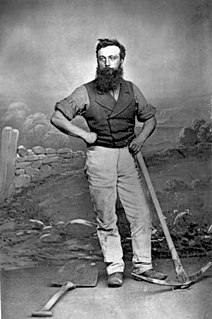 W
WAlexander Anderson was a Scottish poet.
 W
WWilliam Auld was a British (Scottish) poet, author, translator and magazine editor who wrote chiefly in Esperanto.
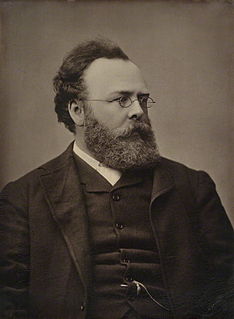 W
WRobert Williams Buchanan was a Scottish poet, novelist and dramatist.
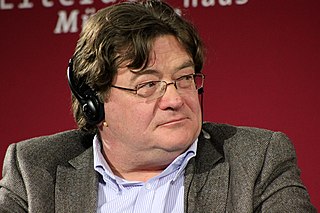 W
WJohn Burnside FRSL FRSE is a Scottish writer, born in Dunfermline. He is one of only three poets to have won both the T. S. Eliot Prize and the Forward Poetry Prize for the same book.
 W
WIvor Cutler was a Scottish poet, singer, musician, songwriter and humorist. He became known for his regular performances on BBC radio, and in particular his numerous sessions recorded for John Peel's influential eponymous late night radio programme, and later for Andy Kershaw's programme. He appeared in the Beatles' Magical Mystery Tour film in 1967 and on Neil Innes' television programmes. Cutler also wrote books for children and adults and was a teacher at A. S. Neill's Summerhill School and for 30 years in inner-city schools in London. He told Andy Kershaw on his radio show that he also gave private poetry lessons to individuals.
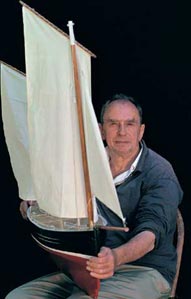 W
WIan Hamilton Finlay, CBE was a Scottish poet, writer, artist and gardener.
 W
WGeorge Sutherland Fraser was a Scottish poet, literary critic and academic.
 W
WWilliam Hamilton (1704–1754) was a Scottish poet associated with the Jacobite movement.
 W
WHamish Scott Henderson was a Scottish poet, songwriter, communist, intellectual and soldier.
 W
WTom Leonard was a Scottish poet, writer and critic. He was best known for his poems written in glaswegian dialect, particularly his Six Glasgow Poems and The Six O'Clock News. His work frequently dealt with the relationship between language, class and culture.
 W
WEddie Linden, also known as Eddie S. Linden, is a Scottish poet, literary magazine editor and political activist. From 1969 to 2004, he published and edited the poetry magazine Aquarius, which, according to The Irish Post, made him "one of the leading figures on the international poetry scene". The journal was significant in the growth of British, Irish and international poets, and has been described as Linden's "crowning gift to literature — the nurturing and developing of poetic talent".
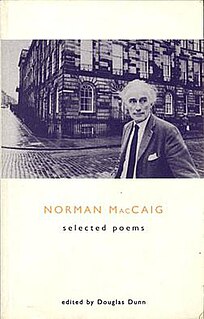 W
WNorman Alexander MacCaig DLitt was a Scottish poet and teacher. His poetry, in modern English, is known for its humour, simplicity of language and great popularity.
 W
WChristopher Murray Grieve, best known by his pen name Hugh MacDiarmid, was a Scottish poet, journalist, essayist and political figure. He is considered one of the principal forces behind the Scottish Renaissance and has had a lasting impact on Scottish culture and politics.
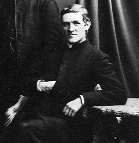 W
WFather Allan MacDonald was a Roman Catholic priest, poet, folklore collector, and activist from the Scottish Gàidhealtachd.
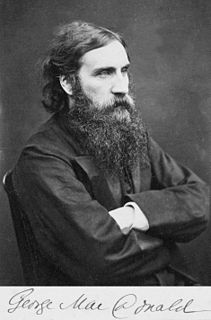 W
WGeorge MacDonald was a Scottish author, poet and Christian minister. He was a pioneering figure in the field of modern fantasy literature and the mentor of fellow writer Lewis Carroll. In addition to his fairy tales, MacDonald wrote several works of Christian theology, including several collections of sermons.
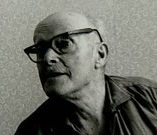 W
WMurdo Macfarlane known as Bàrd Mhealboist was a published poet, songwriter and campaigner for Scottish Gaelic, especially during the 1970s, when the Ceartas movement was gaining strength.
 W
WDr. James Pittendrigh MacGillivray was a prominent Scottish sculptor. He was also a keen artist, musician and poet. He was born in Inverurie, Aberdeenshire, the son of a sculptor, and studied under William Brodie and John Mossman. His works include public statues of Robert Burns in Irvine, Lord Byron in Aberdeen, the 3rd Marquess of Bute in Cardiff, John Knox in Edinburgh's St Giles Cathedral, and William Ewart Gladstone in Coates Crescent Gardens, Edinburgh.
 W
WGeorge Mackay Brown was a Scottish poet, author and dramatist, whose work has a distinctly Orcadian character. He is considered one of the great Scottish poets of the 20th century.
 W
WLieutenant Ewart Alan Mackintosh MC was a war poet and an officer in the Seaforth Highlanders from December 1914. Mackintosh was killed whilst observing the second day of the second Battle of Cambrai, 21 November 1917. His best poetry has been said to be comparable in quality to that of Rupert Brooke.
 W
WSorley MacLean was a Scottish Gaelic poet, described by the Scottish Poetry Library as "one of the major Scottish poets of the modern era" because of his "mastery of his chosen medium and his engagement with the European poetic tradition and European politics". Nobel Prize Laureate Seamus Heaney credited MacLean with saving Scottish Gaelic poetry.
 W
WWilliam McIlvanney was a Scottish novelist, short story writer, and poet. He was known as Gus by friends and acquaintances. McIlvanney was a champion of gritty yet poetic literature; his works Laidlaw, The Papers of Tony Veitch, and Walking Wounded are all known for their portrayal of Glasgow in the 1970s. He is regarded as "the father of Tartan Noir" and as Scotland's Camus.
 W
WRoy Moller is a Scottish singer, songwriter and poet. He was born in Edinburgh in 1963; his parents were from Toronto in Canada, and he was adopted soon after birth. His early musical influences included Elvis Presley, Joy Division, The Fall, Ivor Cutler and David Bowie. He attended Trinity Academy, then moved to Glasgow where he studied English at the University of Strathclyde. While there, he won the Keith Wright Poetry Competition.
 W
WEdwin George Morgan was a Scottish poet and translator associated with the Scottish Renaissance. He is widely recognised as one of the foremost Scottish poets of the 20th century. In 1999, Morgan was made the first Glasgow Poet Laureate. In 2004, he was named as the first Scottish national poet: The Scots Makar.
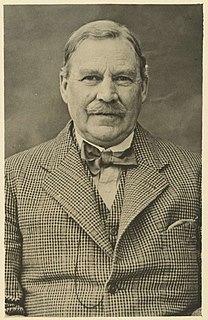 W
WWill H. Ogilvie was a Scottish-Australian narrative poet and horseman, jackaroo, and drover, and described as a quiet-spoken handsome Scot of medium height, with a fair moustache and red complexion. He was also known as Will Ogilvie, by the pen names including 'Glenrowan' and the lesser 'Swingle-Bar', and by his initials, WHO.
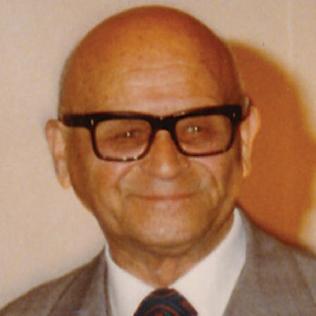 W
WWilliam Shand (1902–1997) was a Scottish-born Argentine poet, novelist and playwright. Arriving in Argentina in 1938, he worked for La Nación as a book reviewer, translator and critic. Shand translated the poetry of John Donne and Stephen Spender and was a playwright of multiple works, including the libretto for the opera Beatrix Cenci of Alberto Ginastera. Collaborating with Alberto Girri, they compiled other poets' works into collected editions. Characterized as "a careful observer of contemporary Argentine society" Shand "... often dealt with highly controversial and delicate topics". He split his time between an apartment opposite Plazoleta Carlos Pellegrini and a villa in San Miguel.
 W
WAlexander Smith was a Scottish poet, labelled as one of the Spasmodic School, and essayist.
 W
WIain Crichton Smith, was a Scottish poet and novelist, who wrote in both English and Gaelic.
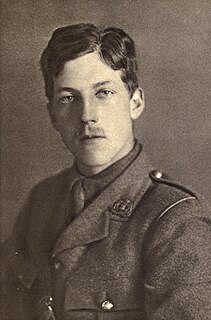 W
WCaptain Charles Hamilton Sorley was a British Army officer and Scottish war poet who fought in the First World War, in which he was killed in action during the Battle of Loos in October 1915.
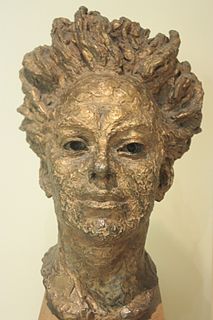 W
WWilliam Soutar was a Scottish poet and diarist, who wrote in both English and Braid Scots. He is known best for his epigrams.
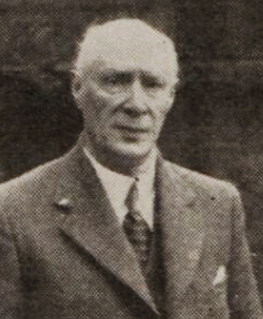 W
WJames Lewis Thomas Chalmers Spence was a Scottish journalist, poet, author, folklorist and occult scholar. Spence was a Fellow of the Royal Anthropological Institute of Great Britain and Ireland, and Vice-President of the Scottish Anthropological and Folklore Society. He founded the Scottish National Movement.
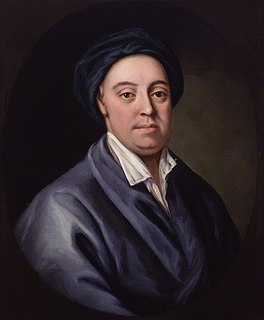 W
WJames Thomson was a Scottish poet and playwright, known for his poems The Seasons and The Castle of Indolence, and for the lyrics of "Rule, Britannia!".
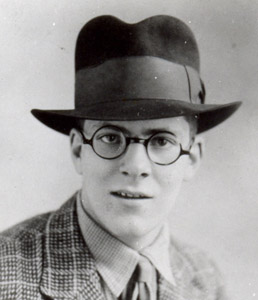 W
WRuthven Campbell Todd was a Scottish poet, artist and novelist, best known as an editor of the works of William Blake, and expert on his printing techniques. During the 1940s he also wrote detective fiction under the pseudonym R. T. Campbell and children's fiction during the 1950s.
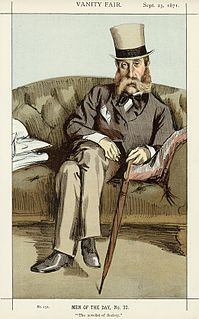 W
WGeorge John Whyte-Melville was a Scottish novelist much concerned with field sports, and also a poet. He took a break in the mid-1850s to serve as an officer of Turkish irregular cavalry in the Crimean War.
 W
WAndrew John Young was a Scottish poet and clergyman although recognition of his poetry was slow to develop.
 W
WDouglas Cuthbert Colquhoun Young was a Scottish poet, scholar, translator and politician. He was the leader of the Scottish National Party (SNP) 1942-1945, and was a classics professor at McMaster University and the University of North Carolina at Chapel Hill.